“As for literature – to introduce children to literature is to install them in a very rich and glorious kingdom, to bring a continual holiday to their doors, to lay before them a feast exquisitely served. But they must learn to know literature by being familiar with it from the very first. A child’s intercourse must always be with good books, the best that we can find.”
Charlotte Mason, Towards a Philosophy of Education
From Pleasure in Words to Skill in the Conversation: Sursum Corda’s Literature Scope & Flow
Good words, good stories, good books open “a rich and glorious kingdom,” and throughout their time at Sursum Corda our students enjoy this happy feast. As they grow and mature, they also learn to share this feast with one another and the world; by the time they graduate, students are equipped to join “the Great Conversation” in discussion and in writing.
Forms I-II
Although Sursum Corda does not offer a class time called “Literature” in Forms I-II, our students’ lives are bursting with living books and beautiful words. The texts they read and narrate in every class train them in “literary language,” often from different eras of English. They begin the study of Shakespeare, first with summaries and then, in Form II, with the words of the Bard directly. They learn the poems and speeches of our Opening Gathering Recitations, and deepen their appreciation of English through the study of Latin. In addition, our families find all kinds of ways to enjoy imaginative reading in the home.
Forms III-IV
Form III marks the transition to Literature as a Conversation. At this level, students have a course called “Literature,” and are expected to spend 45-60 minutes per week outside of class. This homework, at this stage, consists of reading, narrating, and commonplacing. These familiar activities will also be part of class time, but class will move beyond this to peer discussion of the ideas in the readings. As the year progresses, class time will introduce students to literary elements and teach close reading skills, to broaden their observation and deepen their discussion. In Term 3, teachers will introduce in-class composition activities, and socratic questioning.
In Form IV the Conversation of Literature is in full swing. With 60-90 minutes of homework, focused on reading great classics, students have a great deal to bring to our lively in-class discussions of themes, elements, and worldviews. At this stage, students will write socratic questions, essays, and creative narrations as part of homework, and will receive feedback and coaching from their teachers.
Works Read
Our Literature program is on a 4-year cycle: Christian Classics, British Literature, American Literature & Russian Literature. The following summaries reflect some alterations, and individual titles may change.
| Form IV | |
| Christian Classics 2019-2020 2022-2023 2026-2027 | Lewis, the Screwtape Letters Bunyan, Pilgrim’s Progress Augustine, Confessions Poetry of the Bible |
| British Literature 2020-2021 2023-2024 2027-2028 | Dickens, A Tale of Two Cities Austen, Sense and Sensibility Spenser, Faerie Queene Bk.1 Poets: Keats, Milton |
| American Literature 2021-2022 2024-2025 2028-2029 | Twain, Huckleberry Finn Hawthorne, The Scarlet Letter American Short Stories Poets: Oliver, Frost |
| Russian Literature 2025-2026 2029-2030 | Introducing our first year of Russian Literature for Form 4. The Book List will be available soon. |
*Starting in the 2024-25 school year, Form 3 will have a Historical Literature class during History and Literature class periods. Details can be found in the “information packet”
Guides for Teachers
Form III Teacher Guide
Form IV Teacher Guide
High School Credit & Training in Composition
The quality of our literature program is, we believe, excellent. The quantity, however, is not sufficient for a “high school credit” by most systems. In addition, more training in writing skills is something many of our families would like. For this reason, we hope to offer “Sursum Corda Lit Extension Packs” with suggested readings and assignments to expand our offerings. Parents would need to supervise and coach this material, or hire a tutor to help.
Resources for Further Exploration
Articles
How We Teach Literature by Daphne Chaplin, Parents Review
Reading and Recitation by T. G. Rooper, H.M.I., Parents Review
Living Books for the Nursery by Mrs Crump, Parents Review (Early Years)
Podcasts
Why Living Books Are Essential, A Delectable Education
Recognizing Living Books, A Delectable Education


